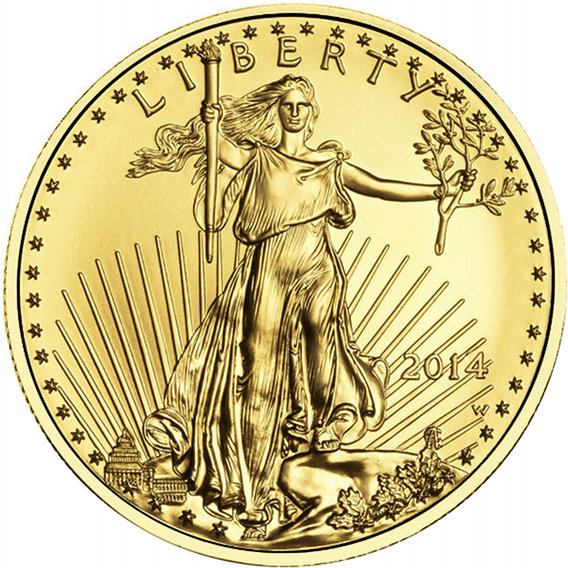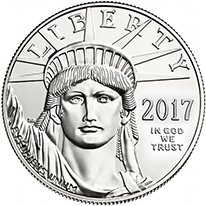What is Bitcoin?
Bitcoin is a monetary system or form of digital currency that is used as a medium for peer-to-peer transactions. It is open source and public, and can be used by anyone. We also offer pricing charts for ethereum prices, litecoin prices, ripple prices, dash prices, bitcoin cash prices, monero prices, iota prices, and nem prices.
As a currency, Bitcoin is uniquely resistant to inflationary pressures. For one thing, Bitcoin is entirely finite - there cannot ever be more than 21 million Bitcoins in the world, and each Bitcoin may only be divided into 100 million in satoshis - the smallest unit of Bitcoin. Bitcoin is also not managed by any central authority or government and doesn’t have to peg its value to any particular fiat currency.
Bitcoin: A Brief History
In January 2009, a programmer or group of programmers named Satoshi Nakamoto launched the Bitcoin software. At the same time, he/they released the software’s code into the open source public. To date, there have been no credible identifications of Nakamoto.
Bitcoin itself, which largely precipitated the term “cryptocurrency,” grew exponentially in value almost from its first appearance. It grew to an equivalent value position with the US dollar in February 2011, just over two years after its inception.
The road for Bitcoin hasn’t always been smooth, though. In fact, its volatility has long been a subject of discussion in the general public, as it has been worth anywhere from less than $1,000 to tens of thousands of dollars per individual Bitcoin.
Most recently, Bitcoin has hovered towards the latter of these two scales. A single Bitcoin has required more than $10,000 to purchase since mid-2020.
The Basics of How Bitcoin Works
If you’re new to Bitcoin, the details and jargon that the practice uses can quickly become overwhelming. So, this section aims to break down the elements of Bitcoin that you need to know in order to get started.
It’s easier to understand Bitcoin if you keep one element of the cryptocurrency in mind - the upper limit of its supply of Bitcoins. Although 21 million is a large number, it is no problem for today’s computing systems to keep track of each individual Bitcoin (and its constituent parts, which may be subdivided and sold).
In essence, that’s what the Bitcoin network - also called a blockchain - does. It serves as a chronological record of each transaction of Bitcoins.
However, unlike most networks, there is no central administration authority minding the ledger/blockchain. Instead, all of the users in the network form a peer-to-peer management structure and cross-verify the transactions themselves.
Bitcoin is open and available to anyone who wants to buy into the market. When and if you buy your first Bitcoin, you’ll receive a public key and a private key as security measures for your new account (known as a wallet).
The private key is the password to your wallet, more or less. It is not to be shared. The private key will also serve as your final “signature” on any Bitcoin transactions you make.
The public key is the way that others can connect with you to buy and sell. It is a series of numbers that is, basically, your Bitcoin email address where others can get in touch with you.
All of your activities on Bitcoin are cloaked by the software’s military-grade encryption and protection. No one will know or has to know that you are using Bitcoin.
Buying Gold and Silver with Bitcoin
At JM Bullion, we proudly accept Bitcoin as a form of payment and offer a 4% discount on all Bitcoin purchases.
Using bitcoins to purchase physical gold, silver or other metals has some potential advantages as well as some potential drawbacks.
The primary advantage of using bitcoins to purchase gold, silver, or other metals, is convenience. Transactions may be performed at any time, and there is no need to physically visit the store or establishment. You can buy metals using bitcoins from the comfort of your own home any time of day or night.
The Future of Bitcoin
The notion of Bitcoin as an unstable commodity has almost reached the point of meme. While it is true that the value of Bitcoin tends to be fairly volatile, the cryptocurrency does not look to be leaving the market anytime soon.
The biggest reason for Bitcoin’s likely staying power is quite similar to our primary reason for championing precious metals. Simply put, as fiat currencies devalue over time - a near-certainty due to inflation - alternative stores of value become attractive to an increasing number of investors.
We are also becoming an increasingly cashless society as consumer trust in fiat currency and financial institutions wanes. A secure, pseudonymous peer-to-peer exchange may seem quite appealing to those who worry about inflation and bankers’ greed.
The bottom line is that there’s no reason to suspect that Bitcoin will flirt with insolvency in the near future - if ever.
Comparing Investments in Bitcoin and Precious Metals
Regardless of whether you choose to invest in Bitcoin or in precious metals, both moves reflect efforts to guard and grow the value of one’s wealth. Their separation from the fiat currency systems make them excellent vehicles to fight against inflation.
However, they are not the same investment by any stretch. As it happens, you are likely to gravitate to one or the other - although you are certainly not restricted from buying and selling both. But, it’s a good idea to understand why you would want to pick up more Bitcoin or more precious metals, so here is a quick comparison of the two investments.
| Benefits of Bitcoin Investments | Benefits of Precious Metals Investments |
|---|---|
| Profit potential - Price can increase dramatically and present the opportunity for tremendous gains. | Reliable value - Gold, silver, and other metals have been traded and recognized as stores of value for thousands of years. |
| Transaction control - You are facilitating your own transactions with the other party, rather than a central authority. | Tangibility - It’s nice to be able to hold your investments directly in your hand and be able to see it with your own eyes. |
| Universal access - You can access your Bitcoins anywhere in the world you can find an internet connection. | Permanence - Where Bitcoin may not always exist, precious metals will always be part of the money conversation. |
Bitcoin FAQs
How do you get bitcoins?
There are three ways to acquire bitcoins:
- You can purchase bitcoins on a Bitcoin exchange.
- You can exchange bitcoins with someone else
- You can earn bitcoins through competitive mining (see below).
How is a Bitcoin created?
New bitcoins are generated through a process called mining. Mining requires users to solve extremely complicated mathematical problems in order to confirm the validity of various Bitcoin transactions. The end result of successfully solving one of these problems is the “discovery” of a new Bitcoin.
What Determines the Price of a Bitcoin?
A bitcoin is worth what the market says it is worth. This is to say that prices vary as a result of supply and demand. As demand for bitcoins rise, the price may rise as well. As demand declines, prices may also decline.
Is Bitcoin completely anonymous?
No. The Bitcoin network is not completely anonymous, as everyone does have a name on the network. However, these names are all pseudonyms, meaning that the person’s identity because the key and wallet is to remain hidden.
What if you lose your private key?
If your private key is lost, there really is no way to retrieve any lost bitcoins. There may be some ability to recover a lost key through backups, but the short answer is that you should safeguard your private key as best you can.
Is Bitcoin real money?
Yes. Bitcoin is real money, and is used daily across the world. You can use Bitcoin to buy precious metals, real estate, or other major purchases, but it may also be used to settle up a dinner bill with a friend or to buy a coffee at a local coffee shop.










